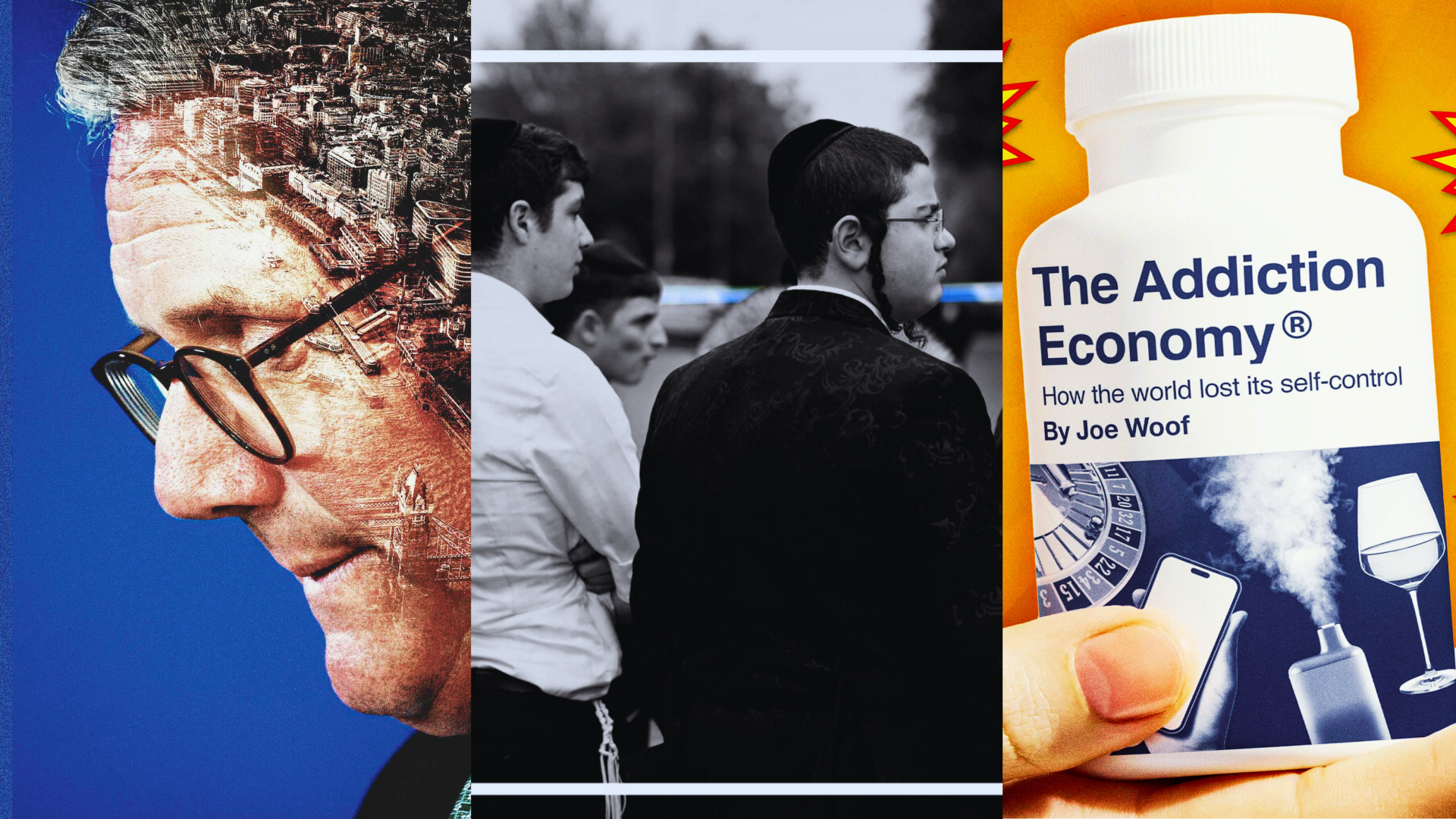In his essay this week, Matthew d’Ancona writes so movingly about the surge of antisemitism in this country since the October 7 massacre by Hamas terrorists against Israelis.
The Jewish suitcase is, to our nation’s shame, once more packed and waiting in the hall, he writes.
It’s an important piece; essential reading in light of the ghastly terror attack in Manchester last week, and in this week of the anniversary of the massacre by Hamas of Israeli Jews on October 7.
Matthew recalls the words of the late Rabbi Lord Jonathan Sacks in 2019: “Antisemitism is a virus that mutates, so that new antisemites can deny they are antisemites at all, because their hate is different from the old. In the Middle Ages Jews were hated for their religion. In the nineteenth and early twentieth century they were hated for their race. Today they are hated for their nation state, Israel.”
Many of you know Matthew and I share a podcast – imaginatively entitled The Two Matts. Regular listeners will know we haven’t always seen eye to eye on the subject of Israel and Gaza and the podcast we recorded on Tuesday, on the second anniversary of the massacre Hamas inflicted upon Israelis, contains those tensions but, as ever, we find a way through our differences to a place of agreement.
It is this; that if this government is sincere about tackling the social tensions Nigel Farage preys on, then it needs to be brave and ruthless about identifying, isolating and dealing with the dangerous minorities in our midst. But it won’t. You can listen to why we reach that regrettable conclusion here.
Our cover story this week is an extraordinary piece of research by Joe Woof on the extent to which we have become victims of what he calls the Addiction Economy.
Not just fags and booze, but vapes, gambling, porn, weight loss, video gaming, social media, AI chatbots… the list goes on. Maybe you don’t consider yourself an addict. By the time you’ve finished reading Joe’s article you may feel differently. The sinister methods used to ensnare us, and the complicity of the government, is disturbing.
Tom Baldwin, Keir Starmer’s biographer, writes this week about the bewildering abandonment of Labour’s traditional left-wing voting base by this government. If you want the most informed take on what Labour are trying to achieve… and where they are going wrong – then Tom is your man.
Elsewhere in this week’s magazine:
Our philosopher-at-large Nigel Warburton examines a number of the world’s main philosophical movements in the noble aim of finding a way to live well.
In her weekly Germansplaining column, Tanit Koch explains the extraordinarily complicated procedures involved in a German funeral – and why they are all about to change.
Patience Wheatcroft inspects the history of the Michelle Mone scandal and concludes the rot began, as with so much of Britain’s problems these days, with David Cameron.
After 40 years of photojournalism, Reuters has republished some of the greatest news images ever taken. We’re delighted to publish a selection.
In Arts and Culture, Deborah Nash loses her head over a new V&A exhibition on Marie Antoinette; Dale Shaw asks if reading is doomed as audiobooks really get into their stride (we, for one, hope not); and Florence Hallett pays tribute to the Australian and New Zealand female painters who, ignored at home, made their way to – and names in – Europe.
Finally, our very own latter-day Greta Garbo – Marie Le Conte – declares she wants to be alone. At least when travelling.



